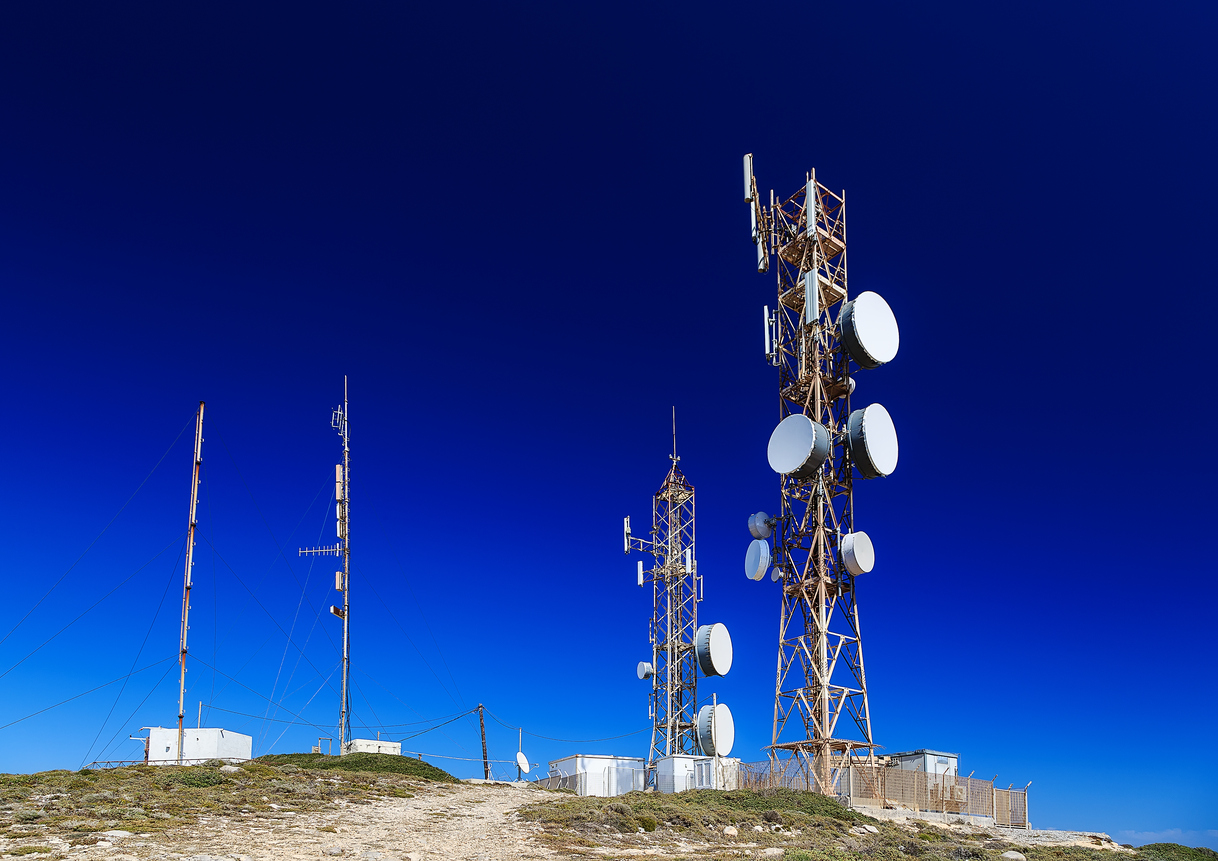
You can never be too prepared when it comes to bad weather. For instance, hurricane season is between June through November, but you can get your emergency kit ready and full of supplies as early as today. Part of your emergency kit should include a NOAA weather radio.
What is a NOAA Weather Radio?
NOAA Weather Radio All Hazards (NWR) is a network of nationwide radio stations coming straight from your closest National Weather Service location that broadcast information about the weather continuously. Broadcasting through the NWR includes forecasts, watches and warnings of weather and other hazards 24/7.
When it comes to weather emergencies, you should definitely have a battery-powered NOAA Weather Radio in your emergency kit. It provides you with a thousand broadcast stations that broadcast weather and other emergency-related information 24 hours a day, 7 days a week over 50 states.
You can find a channel in your state at the NOAA website. If you have a cell phone, you can also access NWR from the FEMA app which gives you live updates as well.
Why You Should Have a NOAA Weather Radio for Emergencies
There are several benefits of owning a NOAA Weather Radio including:
Continuous Coverage
You get continuous coverage through your NOAA weather radio of the coastal U.S., Alaska, Hawaii and Great Lakes coastline. Generally you get 25 nautical miles of coverage offshore, but it could cover other areas further out.
Instant Alert System
A NOAA Weather Radio alerts you immediately of threatening emergency conditions that can cause harm to your family, home, farm or business.
Universality
Their universality is another benefit. To get coverage through a cell phone, Internet or television, you have to be within coverage areas to access a weather network. A low-cost, lightweight NOAA weather radio that either winds up or comes with spare batteries is your ticket to weather alerts and warnings no matter where you are in the country without having to pay for complicated and expensive electronics and service packages.
You can visit any department, electronic, boat and marine accessory or sporting goods store to buy receivers. There are many options for receiving broadcasts depending on what information you are looking to access. You can choose from multi-band/function receivers to standalone weather radio receivers. If you are looking for 24/7 watches and warnings, you might choose the standalone receiver. A multi-band/function receiver is better if you don’t care about being alerted and only want to turn into the weather broadcast. Either way, ensuring you are always alerted and protected from emergency weather is vital to you and your family’s welfare and the NOAA Weather Radio is the best way to get these alerts.
Besides having an NOAA radio, be sure that you’re protected with adequate homeowners insurance.